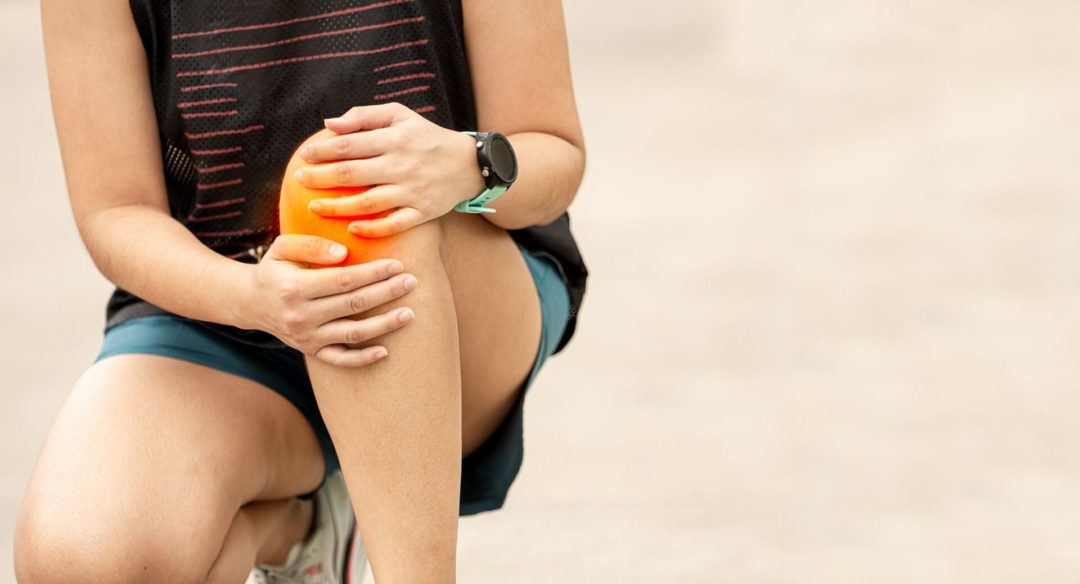The randomized, double-blind, placebo-controlled study was conducted on 101 participants aged 45 to 70 years old, who had suffered knee pain for 3 or more months, who had been formally diagnosed with osteoarthritis of at least one knee. Participants were given either a placebo or capsules containing 500mg Curcugen, and were told to take 1 capsule twice daily with food for 8 weeks.
The findings: Compared to the placebo, curcumin significantly improved knee pain, although not in function in daily living, function in sport and recreation, or knee-related quality of life. Curcumin was also associated with improved scores on certain observational tests that measured function: the timed up-and-go test and the 6-minute walk test, but not the 30-second chair stand test or the 40m fast-paced walk test.
The researchers concluded: “These results suggest that curcumin intake was associated with objective functional improvements in adults with knee OA, even in patients maintaining relatively high levels of physical function.” They also noted that the effects measured were comparable to those caused by pain-relief drugs, but that approximately half the participants in the trial reported taking pain-relief medication at baseline, so the efficacy of curcumin supplementation as a stand-alone intervention couldn’t be adequately deduced. The researchers called for longer trials, performed on people with differing levels of knee pain, working with different dosages.
Related: DolCas’ Curcuminoid Complex Achieves Self-Affirmed GRAS Joint Support Ingredient Shown to Reduce Knee Pain Curcumin Extract Linked with Improvements in Digestive Issues; Anxiety
“In contrast to certain generic curcumin products, Curcugen’s unique formulation preserves the original complex of curcuminoids, essential oils and polar resins within a natural matrix,” noted Dr Shavon Jackson-Michel, Director of Medical and Scientific Affairs for DolCas Biotech, in a press release. “These naturally occurring constituents synergistically increase curcumin bioavailability and, as supported by this trial, its efficacy in the treatment of OA of the knee.”








